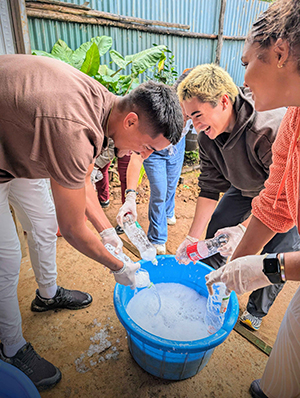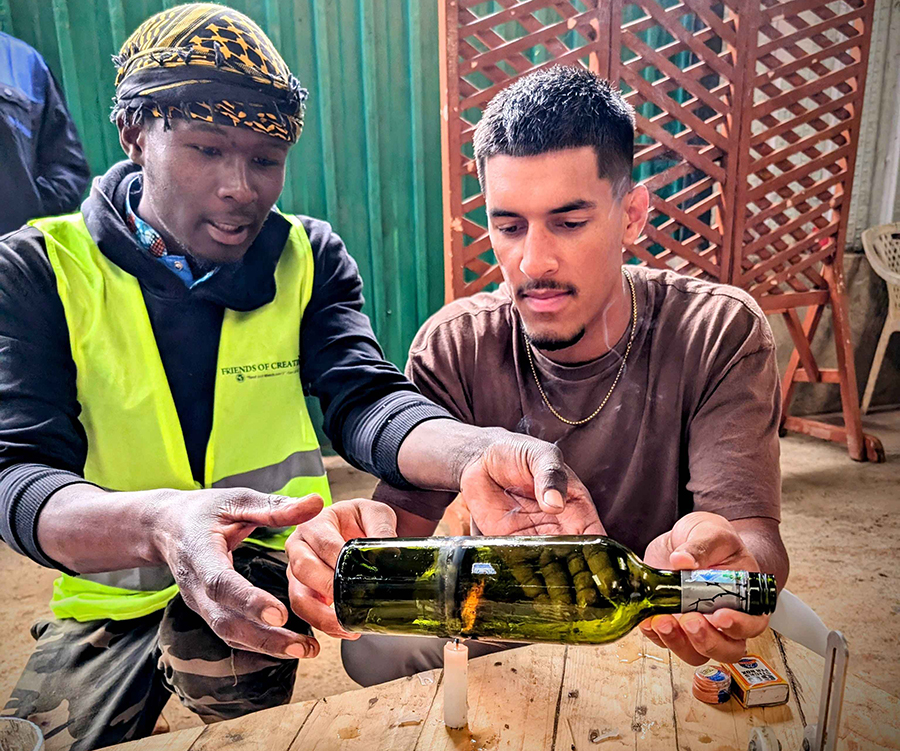This summer, Madison College launched its first African study abroad program, centered in Kenya from Aug. 3-16. This program was funded in part by the U.S. Department of State’s Increase and Diversify Education Abroad for U.S. Students (IDEAS) grant to encourage underrepresented students to participate in international education experiences.
As one of the eight students selected for this trip, I witnessed the history, culture, geography and wildlife. Our program prioritized lessons on sustainable growth and development, as told through the lens of the nationally regarded environmental justice advocate Wangari Maathai. Through learning the historic roots of the nation, we came to a better understanding of the modern issues facing Kenyan society.
Kenya is regarded by the United States as one of the most stable democracies in the Eastern African region. In 2010, Kenya voted to adopt a new progressive constitution that contains rhetoric and policies that are meant to enshrine civil rights and social freedoms for its citizens.

This new constitution contains entire chapters, articles and schedules with direct language outlining specific protections of environmental rights, along with avenues to enact justice against those who would breach those rights in the nation. These substantive environmental laws were widely celebrated by Kenyans, with more than six million people in favor of the new constitution, compared to under 3 million voting against, according to Kenya’s Interim Independent Electoral Commission.
This enabled the government to enact change and put teeth behind their policies to secure a plastic free future. For instance, in 2017, Kenya banned the use of single-use plastic carrier bags, which could carry a fine of up to $38,000 or a four-year jail sentence.
With the legal framework put in place, organizations could begin to do the hard work of addressing the environmental damage for both people and wildlife. The non-profit Friends of Creation saw an opportunity to solve this issue by providing jobs to “tend and watch over it” which refers to both the natural environment as well as their local community.
Friends of Creation offers many eco-friendly services such as product recycling and upcycling, plastics sorting, composting, native plant restoration, sustainable agriculture, community volunteering with youth populations and many more programs in the Tigoni, Limuru area.
Overall, Friends of Creation is one example of how community organizations can live in harmony with the local environment. Additionally, their ecosystem services also provide jobs that grow the economy to help both people and the planet.
The work done by Friends of Creation is a testament to the late Nobel Laureate Peace Prize winner Wangari Maathai, and they hope to embody the spirit of her community-minded environmental solutions.
“You cannot protect the environment unless you empower people, you inform them, and you help them understand that these resources are their own, that they must protect them,” Maathai said.



























